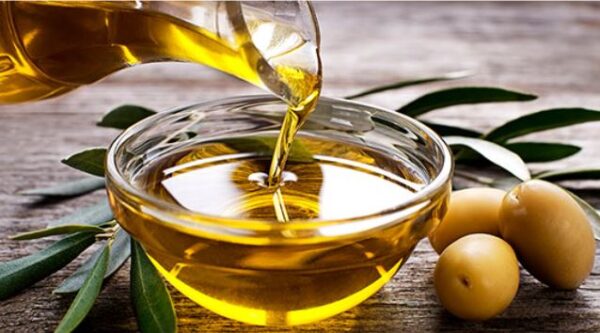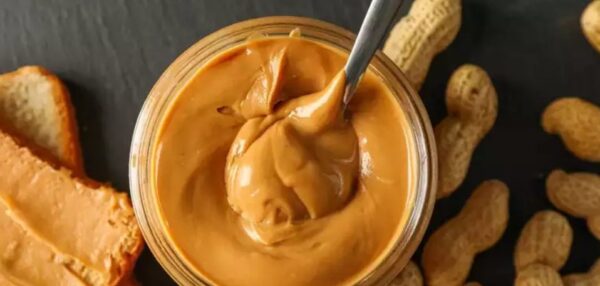Lifestyle
5 dos and don’ts of cooking with olive oil

Cooking with olive oil can be a delicious and healthy way to prepare meals, but it’s essential to know the dos and don’ts to make the most of this versatile ingredient.
Here’s a detailed guide to help you navigate cooking with olive oil:
Dos:
1. Use extra virgin olive oil (EVOO): Opt for extra virgin olive oil whenever possible, as it is the highest quality and least processed form of olive oil. EVOO retains more nutrients and antioxidants compared to other varieties, making it a healthier choice.
2. Use low to medium heat: Olive oil has a low smoke point, which means it can break down and become bitter when exposed to high temperatures. Stick to low to medium heat cooking methods, such as sautéing, simmering, and baking, to preserve its flavor and nutritional benefits.
3. Use for dressings and marinades: Olive oil adds depth flavor and richness to salad dressings and marinades. Combine it with vinegar, citrus juice, herbs, and spices to create delicious and nutritious dressings for salads or marinades for meats and vegetables.
4. Drizzle over finished dishes: Enhance the flavor of cooked dishes by drizzling a small amount of olive oil over them just before serving. This adds a touch of richness and freshness to soups, pastas, grilled vegetables, and roasted meats.
5. Store properly: Keep olive oil in a cool, dark place away from heat and light to prevent oxidation and rancidity. Use a tightly sealed container to maintain its freshness and flavor for longer.
Don’ts:
1. Avoid high-heat cooking: Avoid using olive oil for deep frying or high-heat cooking methods like searing and stir-frying, as it can degrade and lose its nutritional value at high temperatures.
2. Don’t reuse olive oil: Unlike some other cooking oils, olive oil should not be reused for frying or cooking multiple times. Reusing olive oil can increase the formation of harmful compounds and affect its flavor.
3. Avoid storing near heat sources: Keep olive oil away from stovetops, ovens, and other heat sources to prevent it from being exposed to high temperatures, which can cause it to degrade and become rancid more quickly.
4. Don’t overheat: Be mindful of the cooking temperature and avoid overheating olive oil, as it can produce smoke and a burnt taste. If you notice olive oil smoking in the pan, remove it from the heat immediately and discard it.
5. Don’t mix with strong flavors: Avoid using olive oil with strong-flavored ingredients like garlic or spices at high heat, as they can overpower its delicate flavor. Instead, add olive oil to dishes after cooking or use it in recipes where its flavor can shine.










